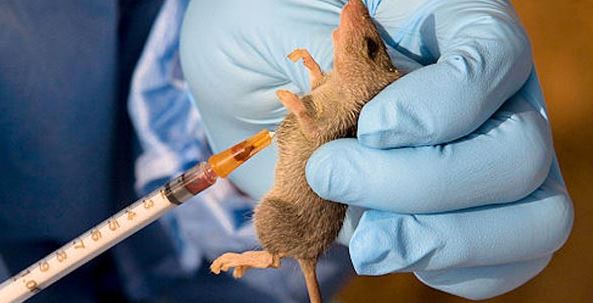HEALTH

NIGERIA REPORTS 138 LASSA FEVER FATALITIES ACROSS 15 STATES.
The Nigeria Centre for Disease Control and Prevention (NCDC) has confirmed 717 Lassa fever cases out of 4,881 suspected cases across 18 states and 93 local government areas between January and May 4, 2025.
This information was revealed in the latest situation report published on the NCDC's website on Wednesday.
So far, 138 deaths have been recorded nationwide, resulting in a Case Fatality Rate (CFR) of 19.3%.
States with reported fatalities include:
Ondo: 27 deaths
Bauchi: 15 deaths
Edo: 19 deaths
Taraba: 34 deaths
Ebonyi: 11 deaths
Kogi: 4 deaths
Gombe: 7 deaths
Plateau: 5 deaths
Benue: 5 deaths
Nasarawa: 4 deaths
Kaduna: 2 deaths
Enugu: 1 death
Delta: 2 deaths
Cross River: 1 death
Ogun: 1 death
Lassa fever is an acute viral haemorrhagic fever caused by the Lassa virus.
The natural reservoir for the virus is the multimammate rat (also known as the African rat), although other rodents can also act as carriers.
The report partly read, “In week 18, the number of new confirmed cases decreased from 11 in epi week 17, of 2025, to 10. These were reported in Ondo, Edo, Bauchi and Benue States.
“Cumulatively in week 18, 2025, 138 deaths have been reported with a CFR of 19.2 per cent which is higher than the CFR for the same period in 2024 (18.0 per cent).
A total of 18 states have recorded at least one confirmed Lassa fever case across 93 Local Government Areas in 2025.
According to the report, 71% of all confirmed cases were from three states: Ondo (30%), Bauchi (25%), and Taraba (16%), while the remaining 28% came from 15 other states with confirmed cases.
The most affected age group is 21-30 years (range: 1 to 96 years, median age: 30 years), with a male-to-female ratio of 1:0.8 among confirmed cases.
Notably, the number of suspected and confirmed cases has decreased compared to the same period in 2024.
Additionally, no healthcare worker was affected during week 18 of the reporting period.
The National Lassa fever multi-partner, multi-sectoral Incident Management System remains active, coordinating response efforts at all levels.
"This represents a significant development in our ongoing coverage of current events."— Editorial Board









